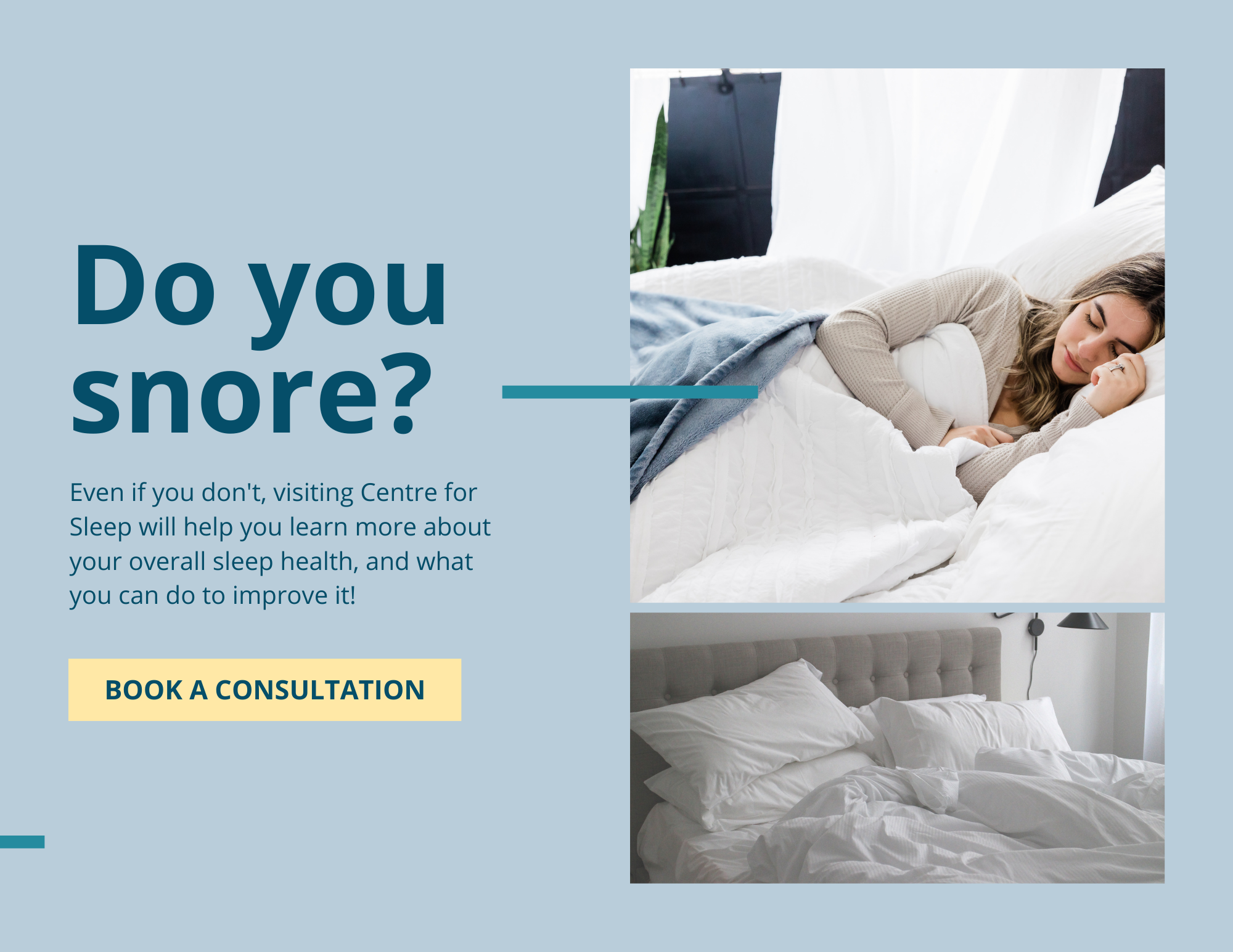Behavioural Sleep Medicine
Behavioural Sleep Medicine (BSM) is a non-drug, evidence-based, patient-centered program that addresses the most impactful behavioural, psychological, and physiological factors that interfere with your sleep to help you attain success and confidence in managing your sleep.
Behavioural Sleep Medicine (BSM) is a non-drug, evidence-based, patient-centered program that addresses the most impactful behavioural, psychological, and physiological factors that interfere with your sleep to help you attain success and confidence in managing your sleep.
Behavioural Sleep Medicine is an effective treatment for:
- Insomnia
- Shift Work
- Circadian rhythm disorders
- Sleep apnea and difficulty tolerating CPAP treatment
- Hypersomnia
- Narcolepsy
- Non-restorative sleep
- Restless leg syndrome
- Recurrent nightmares
- Dependency on sleep medications
Behavioural Sleep Medicine is an effective treatment for:
- Insomnia
- Shift Work
- Circadian rhythm disorders
- Sleep apnea and difficulty tolerating CPAP treatment
- Hypersomnia
- Narcolepsy
- Non-restorative sleep
- Restless leg syndrome
- Recurrent nightmares
- Dependency on sleep medications
Don’t let sleepless nights ruin your days.
Our Behavioral Sleep Medicine Doctors, Medical Director, and Centre physicians all work together to provide you an interdisciplinary treatment for insomnia.
About the program
Our program is a short-term, sleep focused program for adolescents age 12+ and adults.
- It consists of 2-6, 30-minute sessions about every 3 weeks
- Alberta Health covers in person appointments, at no cost to the patient.
- Check your extended health benefits for the cost of virtual appointments ($150 / session)
- BSM may be used with sleep medications prescribed by your physician.
- You will work with a Behavioural Sleep Medicine Doctor who collaborates with our team of Sleep Physicians and other health professionals.
Program components
CBT-I is the most effective first-line treatment for chronic insomnia. It is also helpful for nightmares and difficulty tolerating CPAP therapy. CBT-I is an excellent option for patients seeking a non-drug treatment for their sleep problems, and for those who wish to taper off or reduce their sleep medication. The most effective approach may combine several methods:
- Stimulus control therapy
- We use specific techniques to create a positive association between you and your bedroom and reduce
the arousal that stops you from having a deep and restful sleep.
- We use specific techniques to create a positive association between you and your bedroom and reduce
- Sleep restriction/ compression
- We use individualized strategies to improve the quality of your sleep and then increase the amount of
good quality sleep that you can achieve. Sleep restriction also helps patients tapering off sleeping pills.
- We use individualized strategies to improve the quality of your sleep and then increase the amount of
- Sleep hygiene
- We coach you to develop and implement lifestyle changes that create a stable sleep routine using nutrition, physical activity, natural light exposure, and other lifestyle and behavioural strategies.
- Relaxation training
- We use a range of methods for helping people relax and gain the health benefits of relaxation. These include breathing techniques, guided imagery, meditation, and more.
- Cognitive control
- We provide you with effective methods of managing your sleep-related stress and worries to reduce the effect of anxiety on your sleep, rest, and recovery.
- Sleep medication tapering/reduction
- Sleeping pills are effective for acute/short-term insomnia. There is little evidence of lasting benefits after stopping sleeping pills or with nightly and long-term use and sleep medications carry a risk of dependence. Their role is to help with (CBT-I) which has lasting benefits and is more effective than sleeping pills for chronic insomnia. We help you taper off or reduce sleep medications when appropriate.
This therapy considers your body’s rhythms or “biological clock” and aims to align bedtime, rise time and routines with your natural clock to support your sleep and daytime function.
This therapy helps you synchronize your internal biological clock to external time cues so that you can adapt to a certain work or school schedule.
Light exposure is the strongest environmental cue to our master clock which affects our “other body clocks” that control body temperature, alertness, appetite, digestion, mood, sleep, and hormones. Light therapy is used to treat circadian rhythm disorders, jet lag and seasonal affective disorder.
Meditation is a practice that involves focusing or clearing your mind using a combination of mental and physical techniques and being fully in the present moment. It can help you relax and reduce anxiety and stress which are factors that impact our sleep.
Mindfulness is the simple process of noticing new things about the familiar. When we notice actively, we become sensitive to perspective and change. ~ Ellen Langer, Harvard University.
Mindfulness is a practice that can help improve our relationship with our sleep. The following are some essential aspects of mindfulness: beginner’s mind, non-striving, letting go, non-judging, acceptance, trust, and patience.
The fears and negative emotions associated with bad dreams are treated by a technique called Imagery Rehearsal Therapy (IRT-N). This process helps identify, confront, and gain control over the content of the nightmare. Children, teenagers, adults, and older individuals can benefit from this technique.
Adolescent Behavioural Sleep Medicine
CSHP currently offers Adolescent Behavioural Sleep Medicine for youth ages 12 and up. Our program treats common childhood sleep problems and is fully covered by Alberta Health and Wellness. We help your child attain success and confidence in managing their sleep, so they can focus on living a full life and enjoy restful sleep! At this time we can only accept physician referrals for adolescent services.





